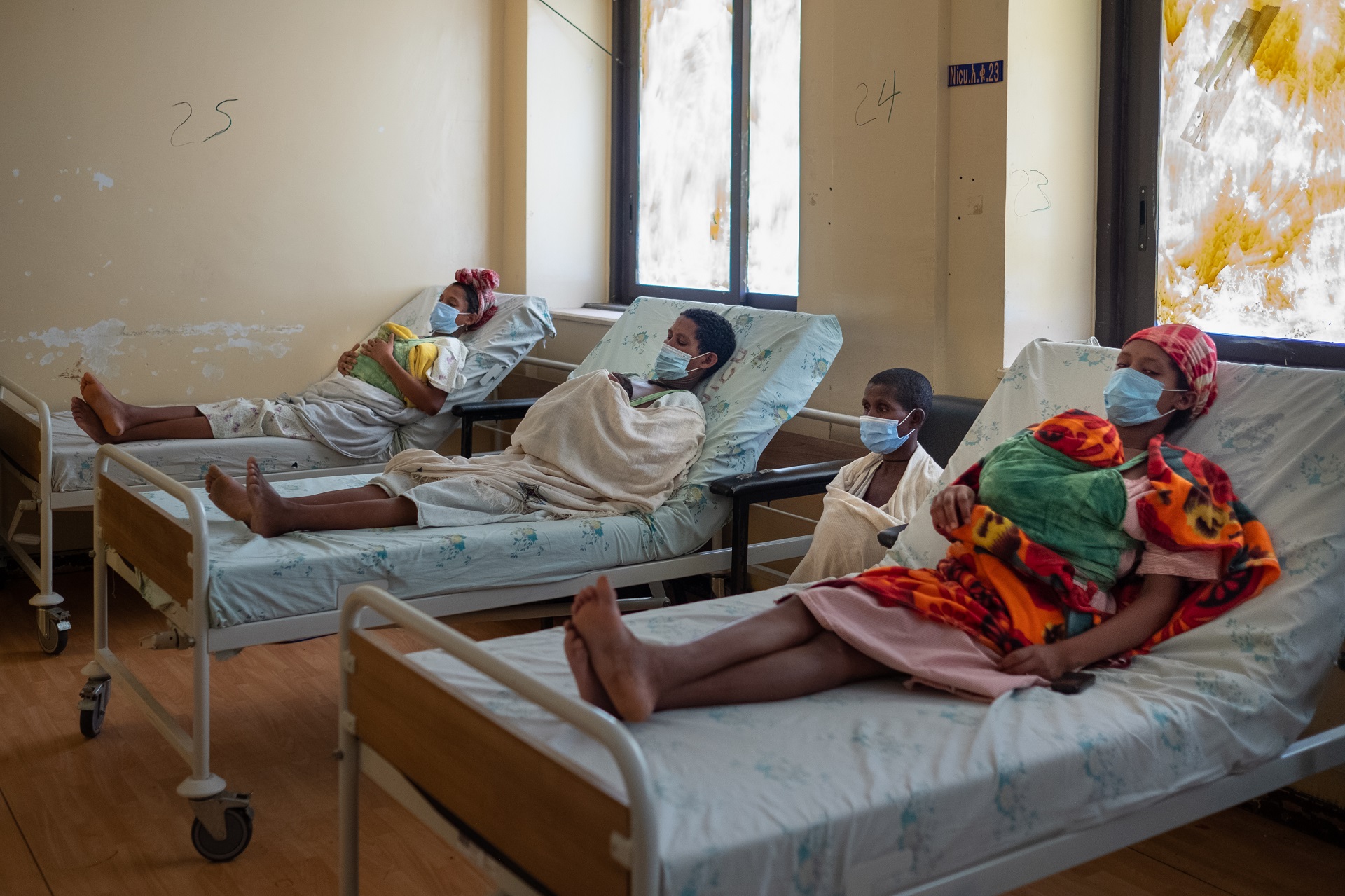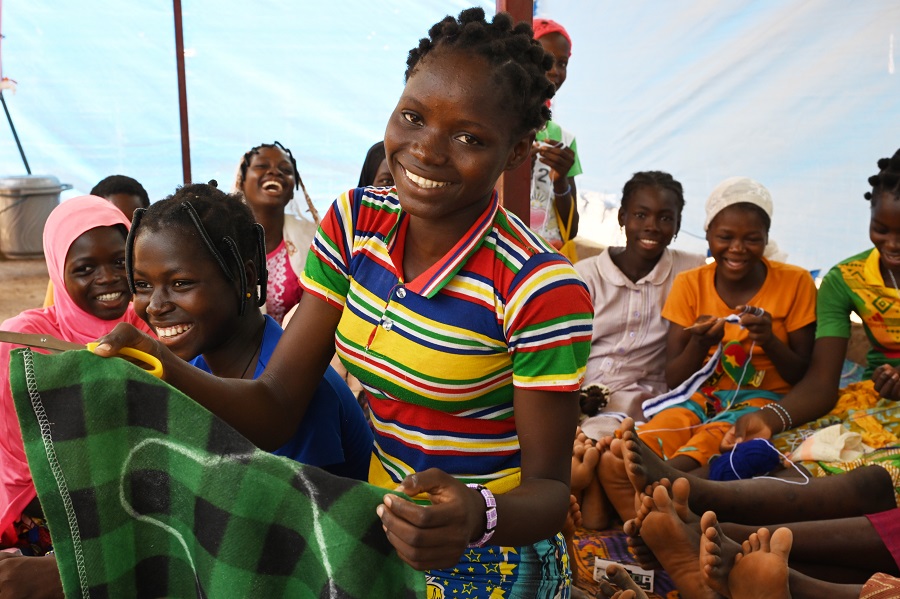Maternal, Newborn, Child and Adolescent Health and Ageing
We lead WHO’s work on the life course so that every pregnant woman, mother, newborn, child, adolescent, and older person will survive, thrive and enjoy health and well-being.
Policy and strategy directions
WHO identifies several key issues that shape policy and strategic directions for maternal, newborn, child and adolescent health (MNCAH) programmes. These issues guide efforts to improve health outcomes and address global health challenges.
- Equity and universal health coverage: Ensuring that MNCAH services reach all populations, especially marginalized and vulnerable groups, is a top priority. Addressing inequalities in health care access and outcomes is crucial for achieving universal health coverage. Programmes must focus on delivering quality care to underserved areas and populations, reducing disparities.
- Integrated service delivery: MNCAH services should be integrated across the life course and within broader health systems. This includes linking maternal and newborn care, child health services and adolescent health interventions, ensuring continuity of care from pregnancy through adolescence.
- Quality of care: Strengthening quality of care is essential to reduce maternal and child mortality. This involves improving health infrastructure, training health care workers, and ensuring access to essential medicines and technologies.
- Multisectoral approaches: MNCAH outcomes are influenced by factors beyond the health sector, such as education, nutrition, sanitation and gender equality. Policy directions must foster collaboration across sectors to address the social determinants of health.
- Health system strengthening: Policies must emphasize strengthening health systems, focusing on workforce development, health financing, governance and data systems for effective monitoring and evaluation.
Latest publications

Enjoying the highest attainable standards of health is a fundamental human right. Despite progress in recent decades, maternal and neonatal mortality,...

15 June 2025
Digital adaptation kit for birth defects surveillance: operational requirements for implementing WHO...
Congenital anomalies, also known as birth defects, are structural or functional abnormalities, including metabolic disorders, that are present at birth....

The 2024 meeting of the WHO Clinical Consortium on Healthy Ageing (CCHA) was the group’s 10th gathering, held virtually on November 5-7, 2024. The...



.jpg?sfvrsn=f9f698d7_3)
